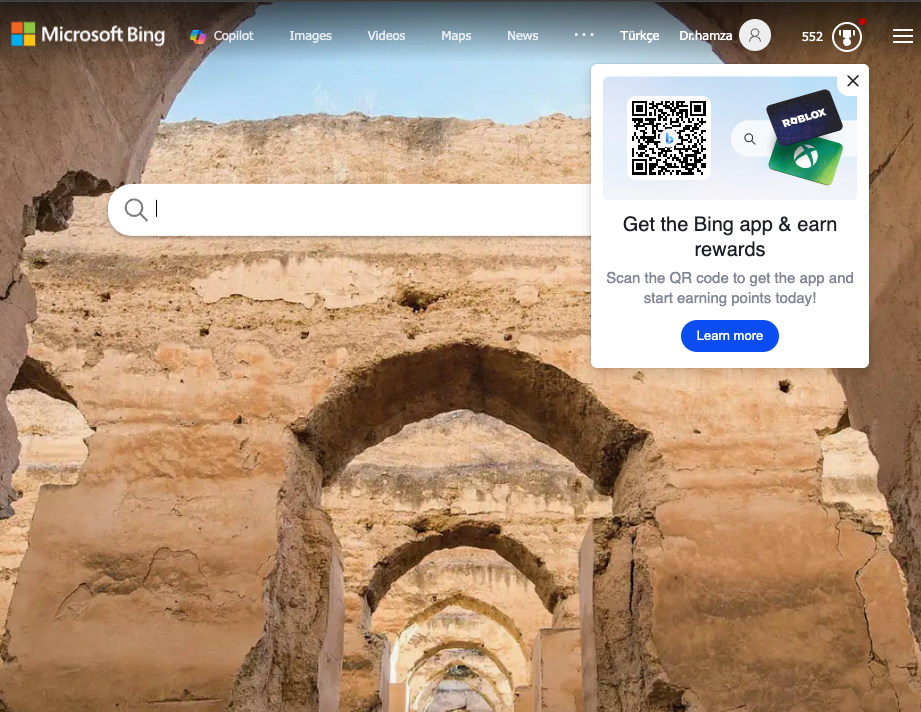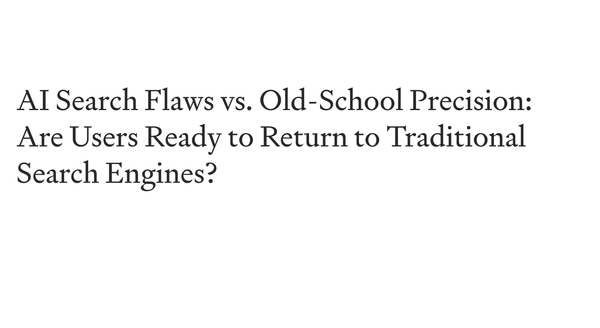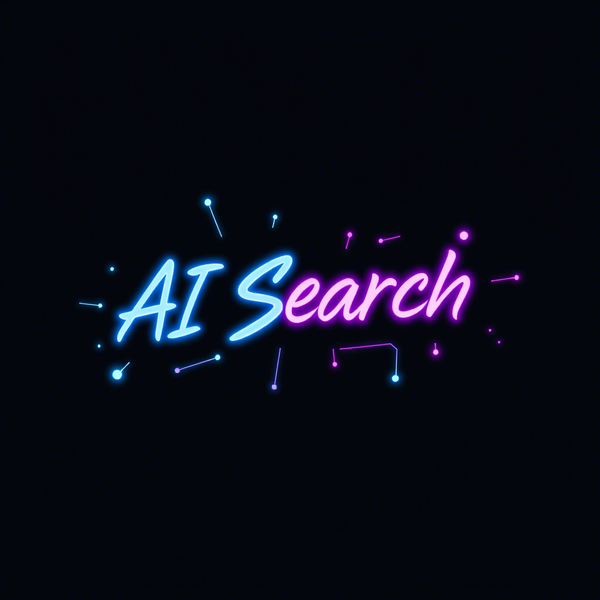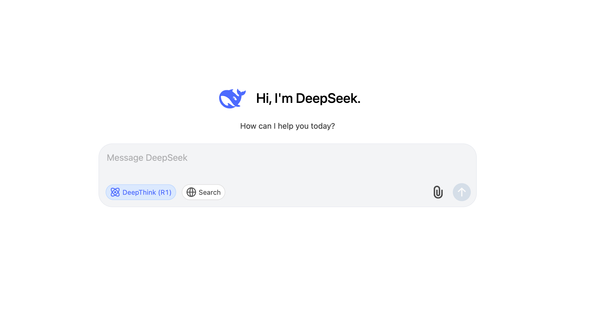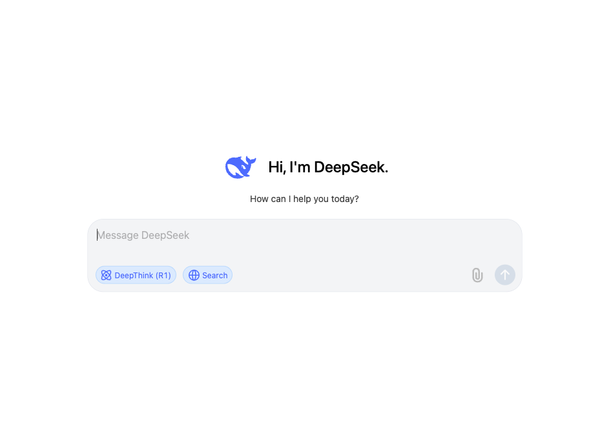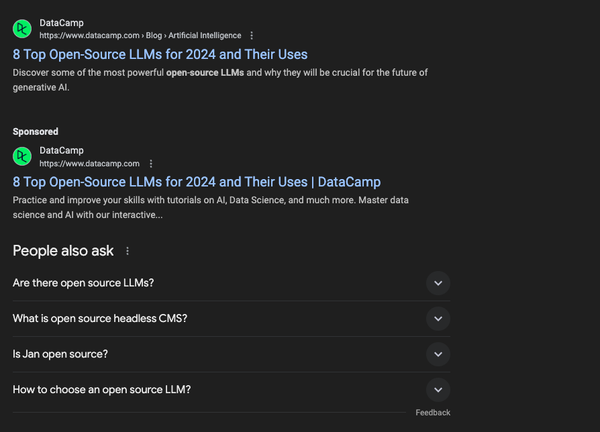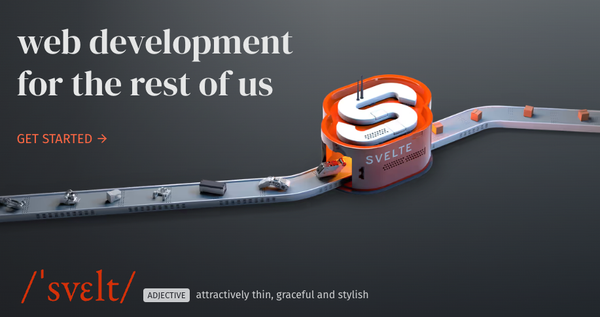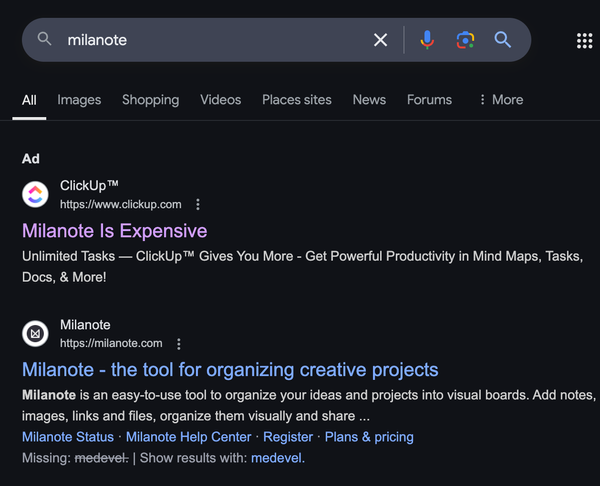Is Bing Dying? Let’s Unpack the Current Search Engine Wars
Table of Content
Search engines are indispensable in our daily digital lives, yet the competition among them is heating up in unexpected ways. Bing, Microsoft’s offering, finds itself at the center of controversy and change. So, is Bing dying, or is it just evolving? Let’s break it down.
Spoiler Alert: I Switched to Bing!
Bing’s AI Makeover: A Sign of Strength or Desperation?
Microsoft recently introduced AI-driven features into Bing, including the much-hyped Bing Chat powered by OpenAI’s GPT-4. These updates aim to revolutionize search by making it more interactive and conversational. While this step is commendable, it raises a critical question: Is this innovation too little, too late?
Some argue that Microsoft’s moves signal its desperation to stay relevant against Google, which dominates the search engine market with an overwhelming 90% share. As discussed in this New York Magazine article, the search engine wars have reached a new battleground with AI at the forefront. While many hail this as the future, I personally disagree.
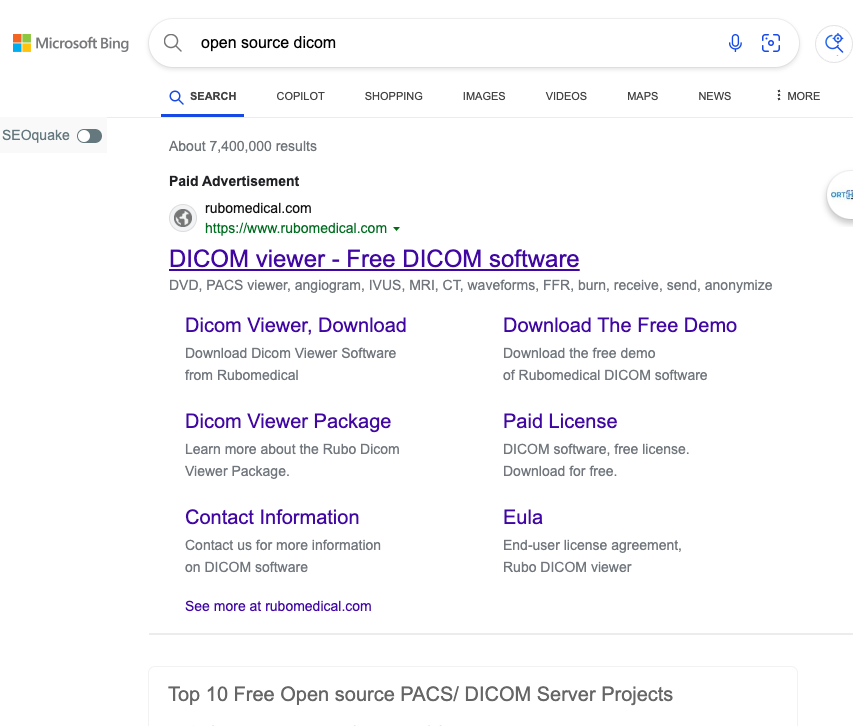
Slapping AI on an outdated model feels like putting fancy rims on a car with a broken engine. The issue isn’t just how you search, but what you find—and on that front, even AI-powered Bing has significant gaps.
The Google Parallel: Learning From Failure?
Speaking of broken engines, let’s not forget the mess that is Google Search. The article "How Google Messed Up Its Search" dives into how ads, SEO manipulation, and prioritizing profits have eroded the quality of search results. If Google, with its immense resources, can stumble, what does that mean for Bing? Is Microsoft doomed to follow Google’s mistakes or learn from them?
IndexNow: The Hidden Gem in Bing’s Arsenal
One area where Bing shines is its support for IndexNow, an open protocol for instant indexing. Unlike the sluggish traditional crawling mechanisms, IndexNow allows websites to push updates directly to search engines.
This technology could be a game-changer for content creators and SEO professionals, as discussed in this piece.
It’s one of the few innovations where Bing outpaces Google, which remains hesitant to adopt IndexNow widely.
New Kids on the Block: DeepSeek and Perplexity
While Microsoft and Google battle it out, a new breed of search engines is quietly emerging. AI-powered engines like DeepSeek and Perplexity offer fresh alternatives by focusing on personalized, accurate, and ad-free search experiences.
These engines might not have the resources of tech giants, but they provide something the big players often lack: user trust.
A Broken System Needs More Than AI
At its core, the problem with Bing—and search engines in general—isn’t just about market share or flashy features. It’s about the erosion of trust and usability. AI might add bells and whistles, but it won’t fix the foundational issues unless paired with transparency and meaningful innovation.
Bing’s integration of tools like IndexNow is promising, but until search engines prioritize user needs over corporate interests, these wars will produce more noise than progress.
My Prediction: Where Is Bing Headed?
As a tech user, doctor, developer, and AI integrator, I believe Bing’s future hinges on its ability to bridge innovation with practicality. Microsoft’s focus on AI-driven features and tools like IndexNow is promising but not enough on its own. Bing’s survival will depend on how well it can differentiate itself from Google and gain user trust.
The search engine must prioritize delivering accurate, ad-free results while leveraging AI to enhance, not complicate, user experience. If it fails to address these core issues, Bing risks becoming irrelevant despite its technological advancements.
Why I Switched to Bing
As someone who values clean and direct search results, I made the switch from Google to Bing—and I haven’t looked back. Unlike Google, which often clutters search results with excessive ads, Bing maintains a cleaner ranking system while still offering relevant answers.
Yes, Bing has advertising, but it doesn’t overwhelm the user experience like Google’s increasingly bloated results. For a user like me, who prioritizes usability and focus, Bing has become my preferred search engine. It’s far from perfect, but it’s a step in the right direction.

